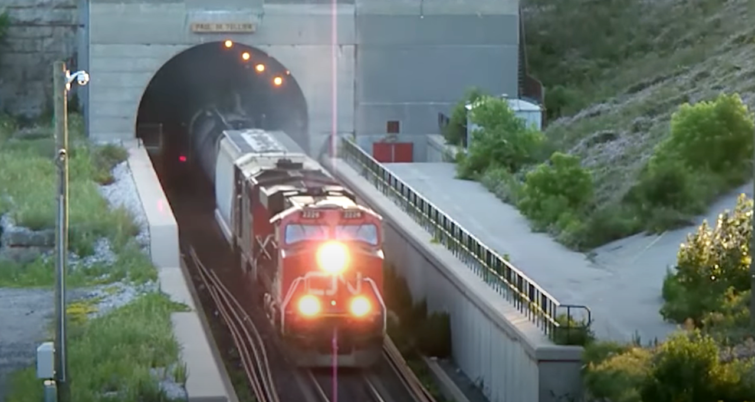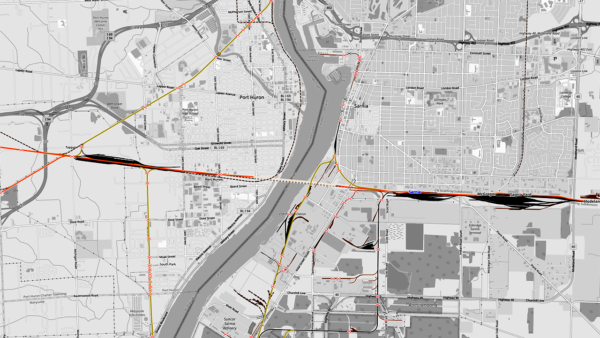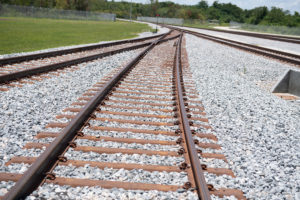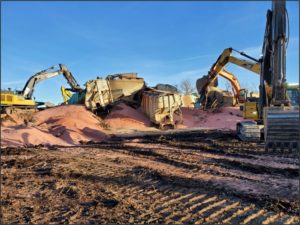When in ROMA, Do As the ROMAns Do?
Written by William C. Vantuono, Editor-In-Chief, Railway Age
CN and the City of Sarnia, Ontario, are in a dispute over who pays for drainage work on CN’s right-of-way. Sarnia is a key U.S./Canada rail border crossing for CN. The matter is now with the Canadian Transportation Association (CTA). A local advocacy group, the Rural Ontario Municipal Association (ROMA), has gotten involved.
ROMA released a statement saying that it is “seeking legal intervener status” in the dispute. The organization is citing an 1859 Provincial law, the Drainage Act, “in which landowners share the cost for work to municipal drains located on the owner’s property. Despite complying with the legislation for more than a century, railways have started telling municipalities that they will not cover the costs. CN is claiming that because railways are federally regulated, they are not bound by provincial and municipal government laws, bylaws, and regulations.”

ROMA said it has applied for intervener status “because of the negative impact of these actions on rural communities throughout Ontario. According to research gathered by ROMA, at least 30 municipalities—mostly ROMA members—indicated they experienced problems with Drainage Act compliance by CN … Based on ROMA’s research, unpaid maintenance costs from CN and other railways are nearing C$500,000 and the tab for unpaid capital construction projects is crossing C$1 million. About C$1.7 million in critical capital construction projects have been delayed due to lack of cooperation by the railways.”
ROMA added it “believes that CTA is not the proper authority to resolve this dispute. ROMA’s view is that the matter should be resolved, as with any landowner, through the appeal processes set out in the Drainage Act. If CN wants to make a constitutional argument that it is exempt from the Act, that debate should be heard by the Ontario Superior Court.”
Author’s Comment: The ROMA statement is full of tired, nonsensical anti-rail political rhetoric that sounds more U.S. than Canadian: “Railways are essentially asking Ontario’s property taxpayers to foot the bill for project costs that should be covered by large, wealthy corporations … Railways are harming the very communities that produce the goods they move across the province … Federally regulated industries must be held to the same standards as all property owners, including following local laws, bylaws and regulations. CN is creating a false conflict between municipal and provincial laws, and federal regulations.” These are strong words, eh? – William C. Vantuono





